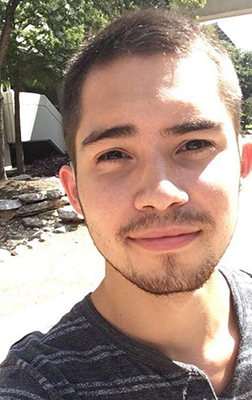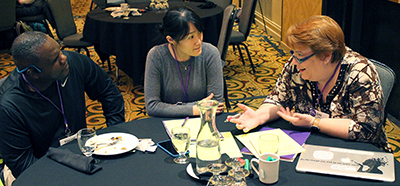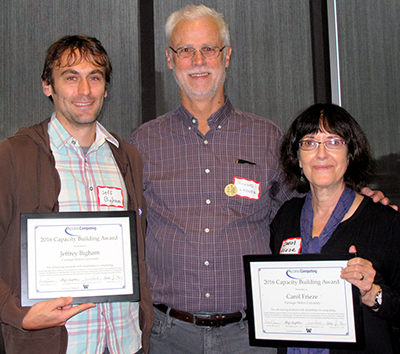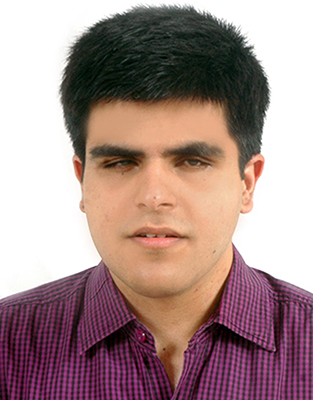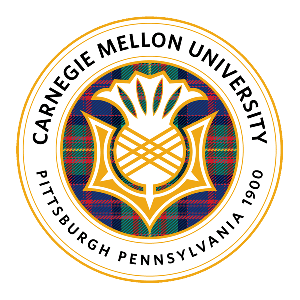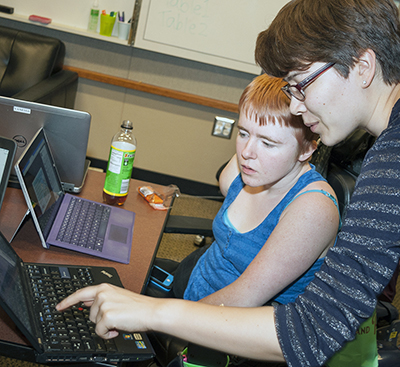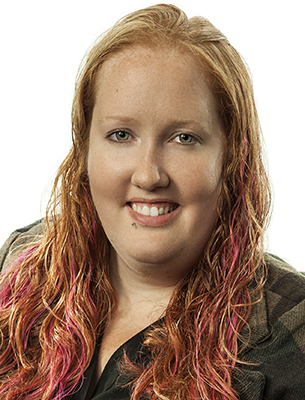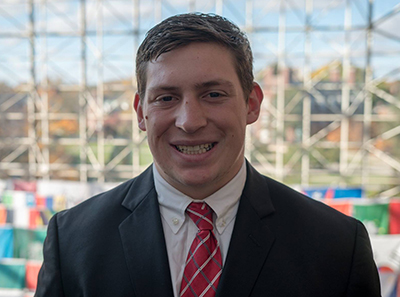Teaching Accessibility
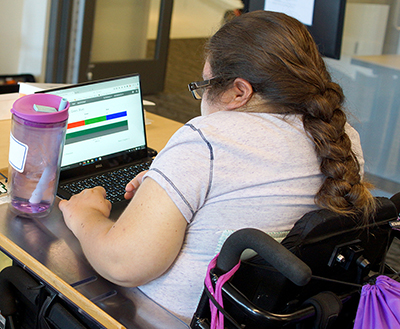
AccessComputing started a new initiative last year to integrate relevant disability, accessibility, and universal design content into computing courses to increase knowledge and skills among future computing professionals. This will lead to a workforce that is aware of and more capable of addressing accessibility barriers. As part of this effort Amy Ko and Richard Ladner published a paper titled “AccessComputing Promotes Teaching Accessibility” in ACM Inroads magazine, a major venue for publishing computer science education practice articles. The article showcases why teaching accessibility is important for today’s students in computing fields. A major argument is the demand for computing professionals with knowledge of technologies that support access for people with disabilities, as documented by the Teach Access initiative.
The article then goes on to give examples of strategies to include accessibility and disability topics in courses, either as part of a lecture, an entire lecture, or an entire course. There are already capstone courses that focus on accessibility at MIT, Stanford, Duke, and University of Washington (UW). The article closes with the description of how accessibility was integrated into a web design and development class in the Information School at the UW.
The article “Best Practices for Teaching Accessibility in University Classrooms: Cultivating Awareness, Understanding, and Appreciation for Diverse Users” by Cynthia Putnam, et al. was published in ACM Transactions in May 2016. The article presents a qualitative study of practice teaching accessibility at the university level. The study is based on interviews with 18 practitioners who included accessibility topics in their courses.
At the ACM Special Interest Group on Computer Science Education (SIGCSE) Conference that will be held in Seattle, March 8-11, 2017, Richard Ladner and Matt May from Adobe Corporation will be presenting a special session titled “Teaching Accessibility.” A major part of the special session will present content about accessibility that can be included in many courses that stress application and/or web development.
